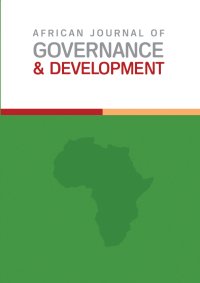Decolonising Public Administration Content Curriculum in a Post-colonial South African University: Policy Monitoring andEvaluation Perspective
Main Article Content
Abstract
One of the major areas of focus in public administration discipline is policy monitoring and evaluation. This paper focuses on how this is understood in selected indigenous communities in South Africa. The current public administration curriculum content taught in Universities hardly recognises and reflects bits of practices and realities of indigenous communities, especially in conducting policy monitoring and evaluation. The paper unearths the origins and current state of public administration content curriculum updates taught in selected higher institutions of learning, with specific reference to policy monitoring and evaluation. The article further sought to understand public administration discipline content curriculum alignment with South Africa’s contextual realities in selected indigenous communities of the Eastern Cape. Using explorative research, the study discovered that the teachings of public administration hardly reflect the realities among the indigenous communities. This presents public administration discipline to be epistemic universal instead of being epistemic diverse. The conclusion is that as much as African scholars learn from their European counterparts, all forms of knowledge ought to be documented and amalgamated into curriculum content. It is critical, therefore, that a hybrid will be suitable for policy monitoring and evaluation. In addition, indigenous policy monitoring and evaluation knowledge should be accredited and included in the curriculum content of public administration discipline.
Article Details

This work is licensed under a Creative Commons Attribution-NonCommercial-NoDerivatives 4.0 International License.
